In Japanese Shintoism, a polytheistic religion, it is believed that there are various gods in nature. Religious belief in the Seven Lucky Gods is typical folk belief in Japan in which people visit temples and shrines enshrining the Seven Lucky Gods to receive blessings. Usually, one god is deified in one temple or shrine. People visit all 7 temples and shrines, and collect goshuin*, red seals. The seven gods are Ebisu, Daikokuten, Fukurokuju, Bishamonten, Hotei, Jurojin, and Benzaiten. Each deity has a different feature and meaning. If you visit all of the 7 deities, you will be blessed with 7 happinesses and prevented from 7 misfortunes. To visit the 7 places is called the Seven Lucky Gods pilgrimage.
*A shuin (red seal), which is usually called goshuin instead of shuin without a prefix, is given when you visit a Buddhist temple or Shinto shrine, and is a record by which your visit is proved. The goshuin has a structure in which a read seal or stamp is put on a paper sheet, and the name of the temple or shrine, or the name of the Buddha or God is written as calligraphy on the seal with Japanese ink.
There are 7 temples and shrines along the Takarazuka line of Hankyu Railway, and I visited all of them.
First, this is Kiyoshikojin Temple.
Hotei (Budai) is enshrined in this temple. Hotei has a round belly and kind smile, and carries a large sack. He brings us family happiness.
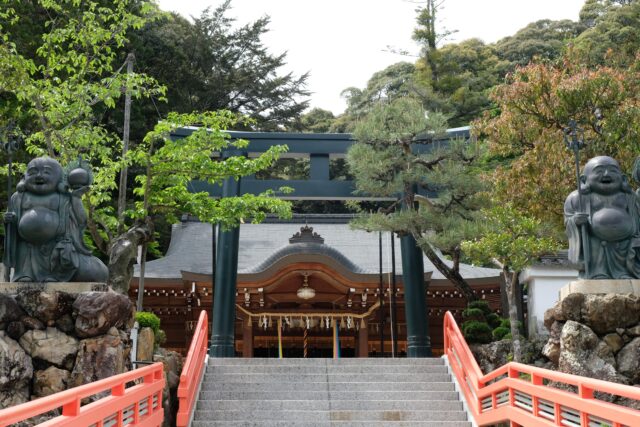
Goshuin, Hotei-son written as calligraphy on the goshuin stamp
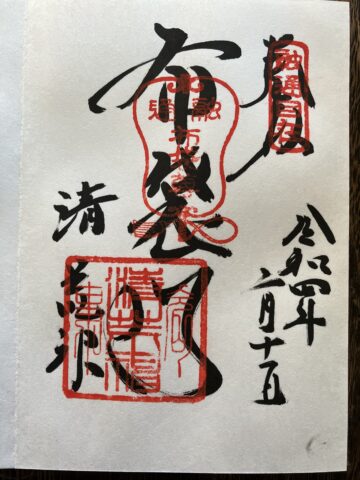
Next, this is Nakayamadera Temple.
Jurojin is enshrined in this temple. Jurojin has long beard and long head. He brings us health and longevity.
Jurojin Hall (a hall in which Jurojin is deified)
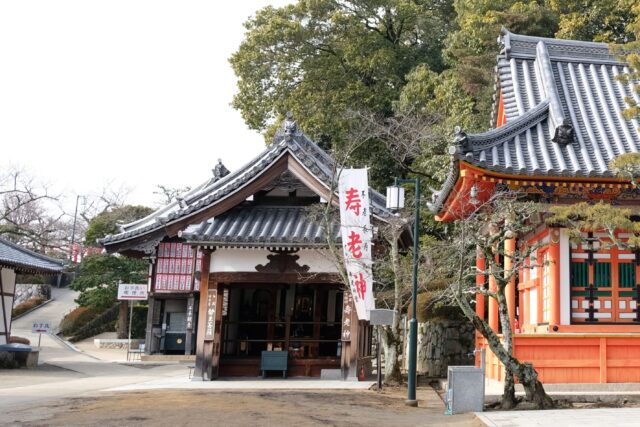
Nakayamadera Temple is famous for a plum garden. Many people come to see plum flowers in spring. It has also great wisteria trellises.


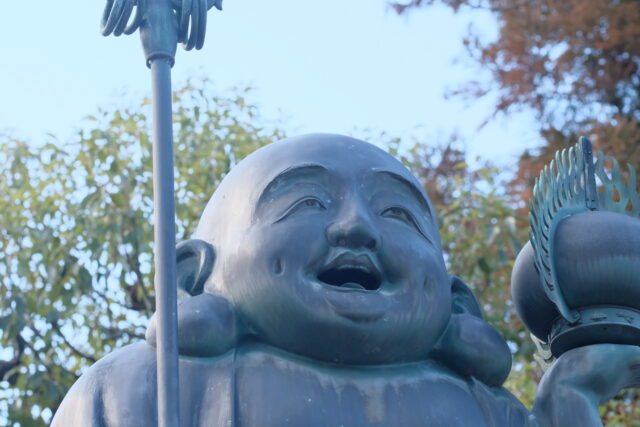
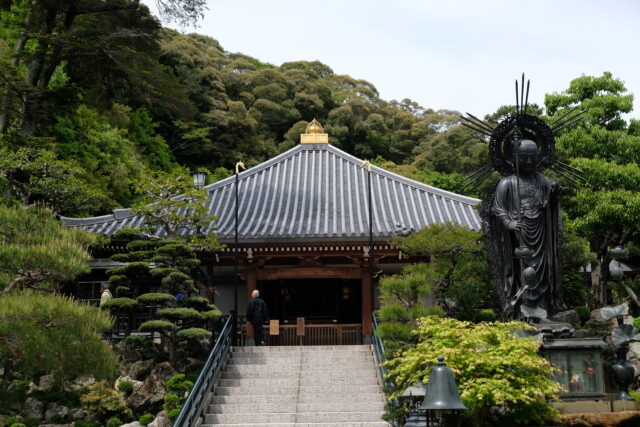
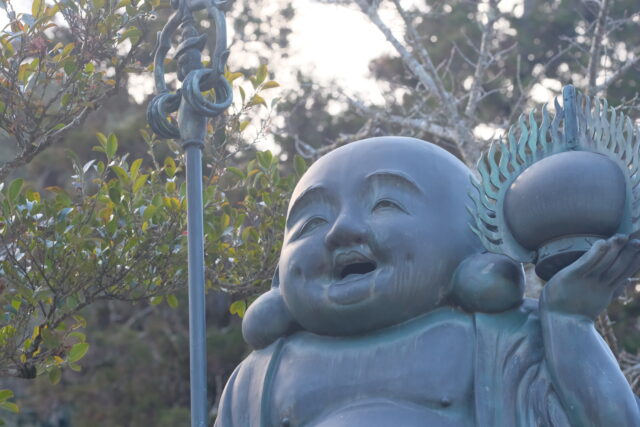
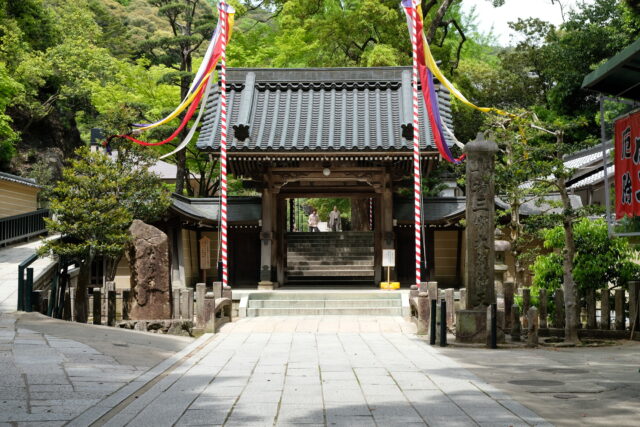
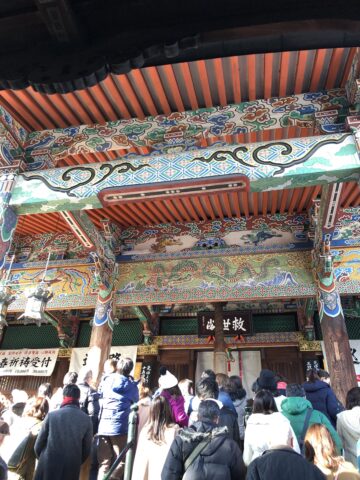
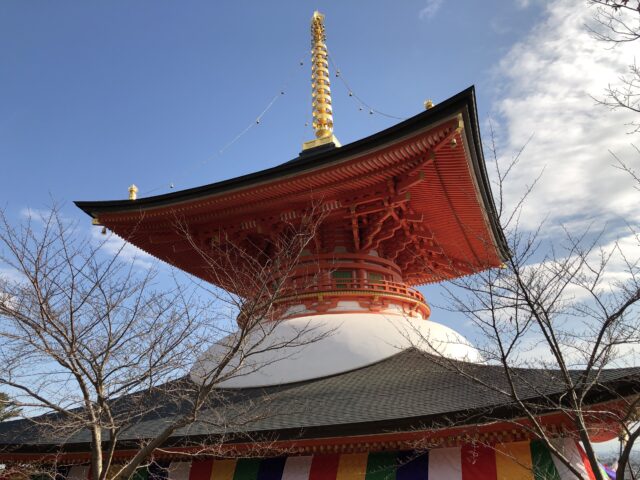
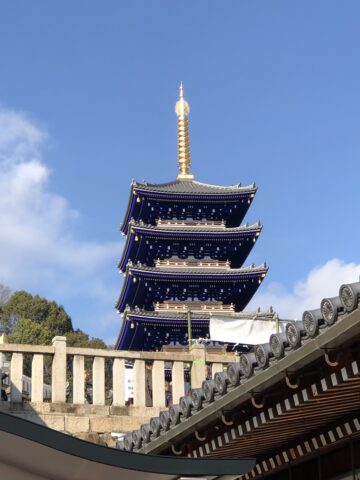
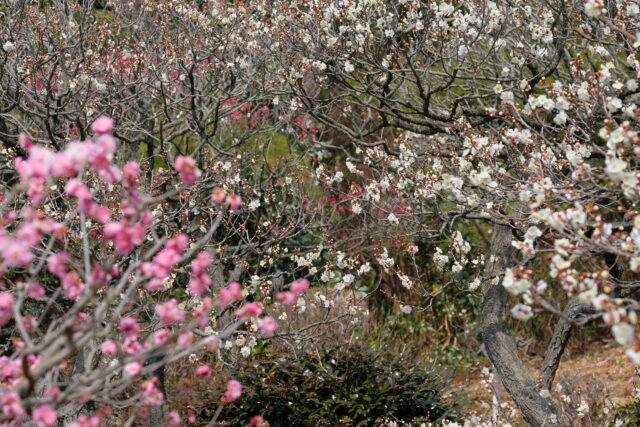
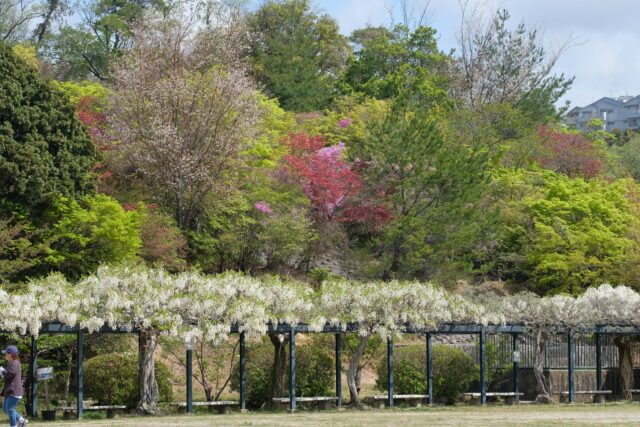
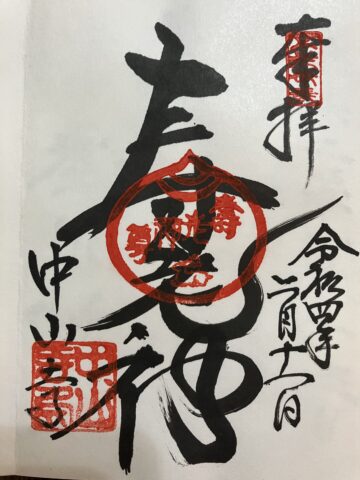
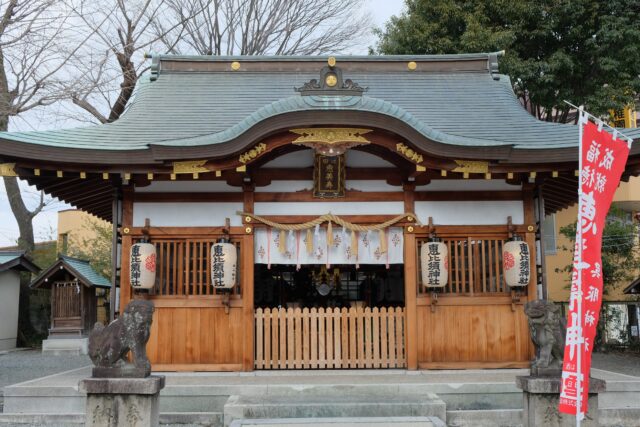
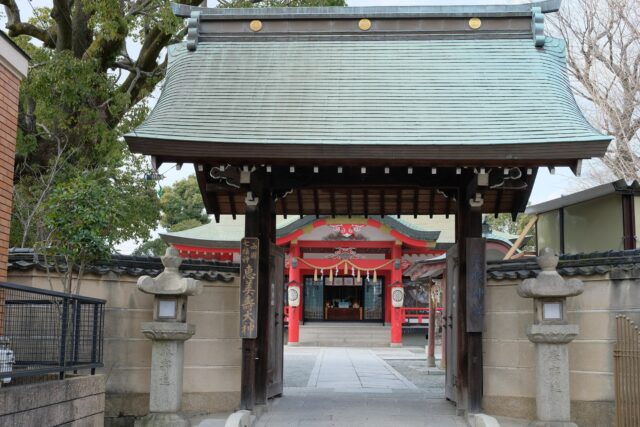
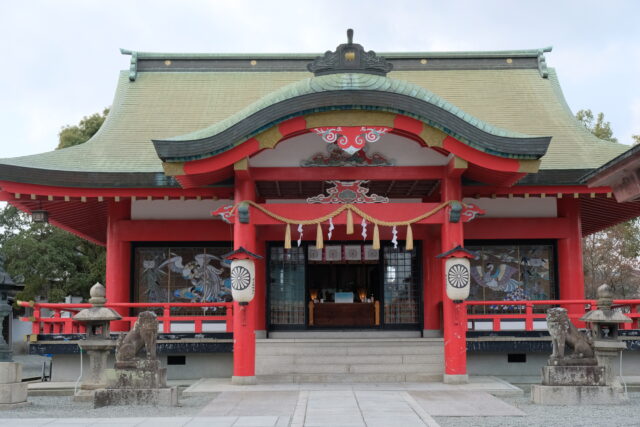
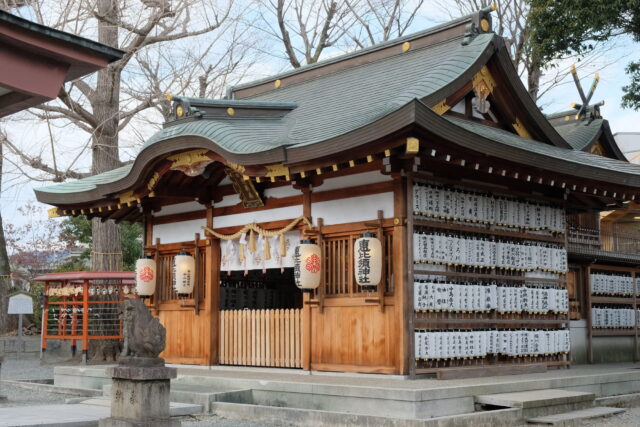
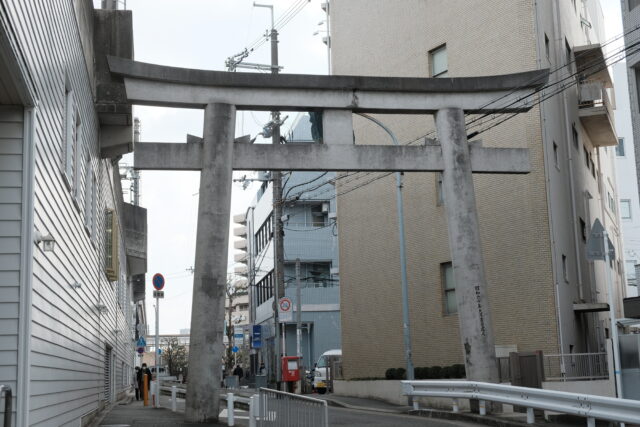
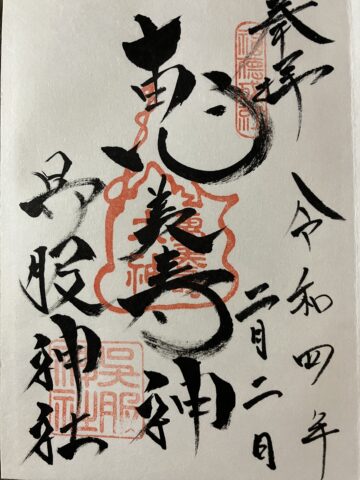
Leave a Reply